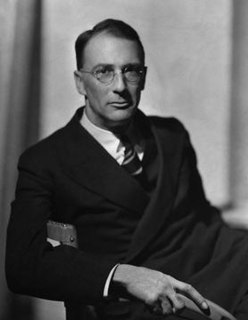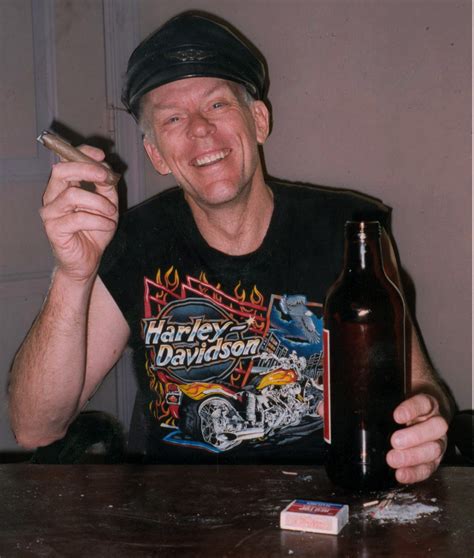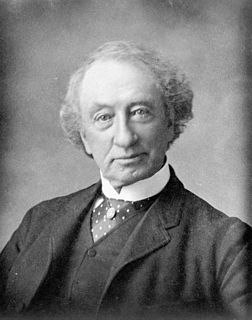A Quote by C. S. Forester
When I die there may be a paragraph or two in the newspapers. My name will linger in the British Museum Reading Room catalogue for a space at the head of a long list of books for which no one will ever ask.
Related Quotes
It seems to me one cannot sit down in that place [the Round Reading room of the British Museum] without a heart full of grateful reverence. I own to have said my grace at the table, and to have thanked Heaven for my English birthright, freely to partake of these beautiful books, and speak the truth I find there.
A day will come when our children and grandchildren will look back and they'll ask one of two questions. Either they will ask: "what in God's name were they doing?" or they may look back and say: "how did they find the uncommon moral courage to rise above politics and redeem the promise of American democracy?"
Give yourself unto reading. The man who never reads will never be read; he who never quotes will never be quoted. He who will not use the thoughts of other men’s brains, proves that he has no brains of his own. You need to read. . . . We are quite persuaded that the very best way for you to be spending your leisure time, is to be either reading or praying. You may get much instruction from books which afterwards you may use as a true weapon in your Lord and Master’s service. Paul cries, “Bring the books” — join in the cry.
[Electronic newspapers will bring] plenty of ulcers for journalists because they'll have new deadlines every 60 seconds. It'll be a race to file. On the other hand, because space is infinite there will hopefully be more room for thoughtful pieces, longer pieces, the kind that a journalist wishes he or she could do but doesn't have the space.
If you are reading in order to become a better reader, you cannot read just any book or article. You will not improve as a reader if all you read are books that are well within your capacity. You must tackle books that are beyond you, or, as we have said, books that are over your head. Only books of that sort will make you stretch your mind. And unless you stretch, you will not learn.
I grew up in a very British family who had been transplanted to Canada, and my grandmother's house was filled with English books. I was a very early reader, so I was really brought up being surrounded with piles of British books and British newspapers, British magazines. I developed a really great love of England.
Some people have criticized the United States and the United States military for guarding oil fields and not guarding the Iraqi National Museum which had priceless antiquities in it. They say that this shows a fundamental lack of respect for Iraqi history. I want to remind those people of this: The oldest relics in the museum, 5,000 or 6,000 years old. That oil is 65 million years old. You had to guard that. ... Those antiquities will only last another 5,000 or 6,000 years. When we burn that oil, those fumes will linger long after.






































